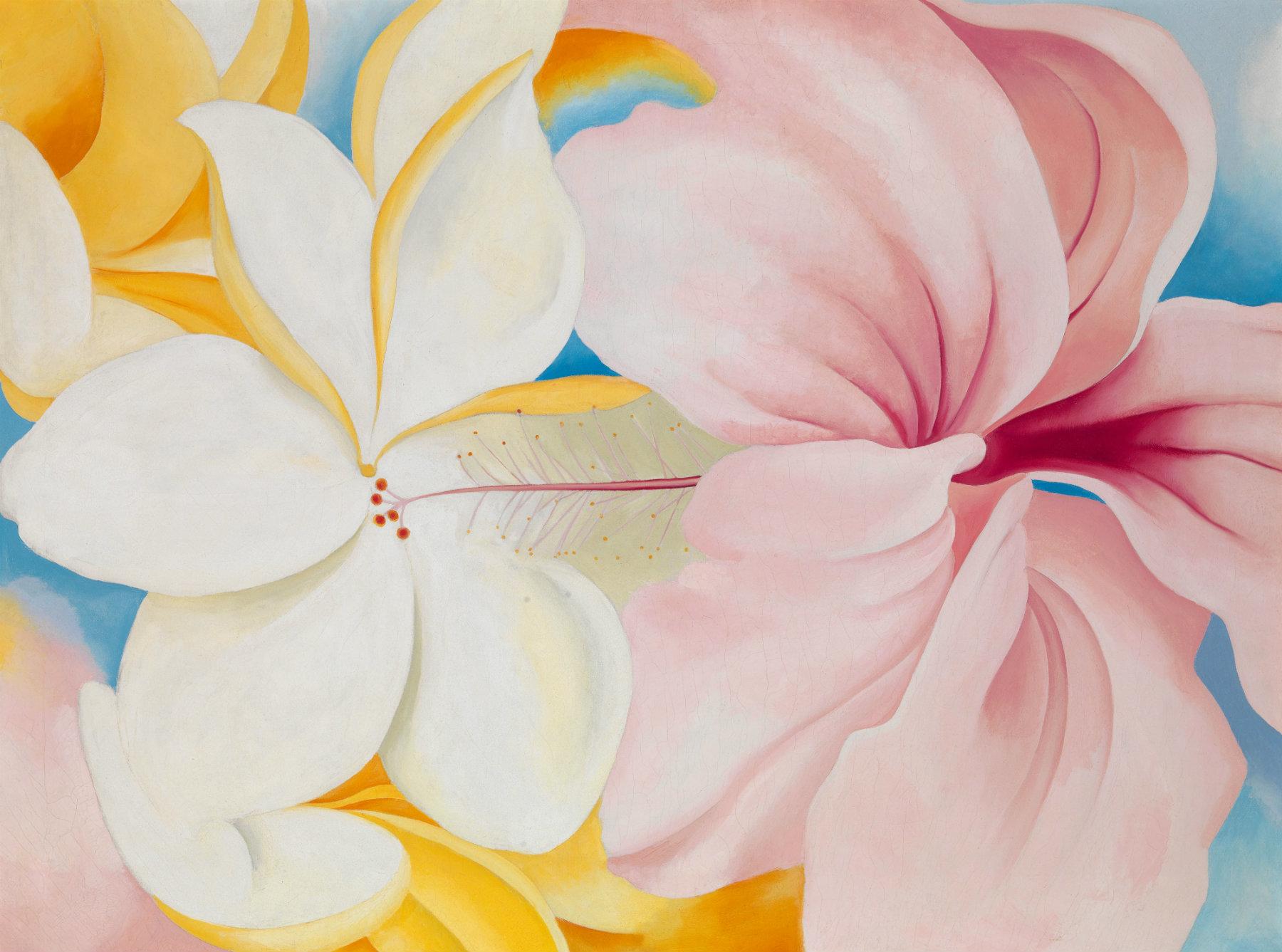
The Buddha repeatedly taught that "speech is the clearest expression of thought," i.e., language and writing are manifestations of human social development. Ven. Bhikkhuni Giới Hương and other teachers have used words, pens, and chalk as a means to convey the Buddha’s teachings to monastic students. The Vietnamese people have a folk saying:
If you want to cross over, you must build a bridge
If you want your children to be good at letters, they should respect their teachers.
(“Build a Bridge” [Bắc Cầu Kiều], Lê Hoa)[1]
The traditions of this country have encouraged people to respect masters. Although secular thought regards this more broadly, according to Buddhist concepts the teacher-student relationship is also highly appreciated by the Buddha, as typically mentioned in the Sigālovāda Sutta:[2]
A student should serve their teacher as the southern quarter in five ways: by rising for them, by serving them, by listening well, by looking after them, and by carefully learning their profession. Teachers served by their students in these five ways show compassion to them in five ways. They make sure they’re well trained and well educated. They clearly explain all the knowledge of the profession. They introduce them to their friends and colleagues. They provide protection in every region. Teachers served by their students in these five ways show compassion to them in these five ways. And that’s how the southern quarter is covered, kept safe and free of peril.
Confucius also confirmed, “People without learning have no knowledge.” Therefore, to create a bridge leading to the final shore of knowledge, one must rely on learning, wherein the element of the teachers’ guidance cannot be ignored and teaching and learning must be balance.
No words of praise or sentences can express the extent of gratitude more than our efforts to pay it forward through education. Our actions and responsibility in maintaining a teaching and learning career for the sake of sources of knowledge are unremitting; this is our real wish for our teachers.
Words are merely empty because they will dissipate in the clouds; only our sincere mind is remembered often, as Kim Trọng uttered:
Keep your golden body safe
But a moment belongs to another, how sad for a person far away.
(“Kim Vân Kiều Story” [Kim Vân Kiều Truyện], Nguyễn Du)[3]
Respectfully presented to Venerable Thích Nữ Giới Hương.
Vietnam Buddhist University, December 3, 2019
Respectfully,
Bhikkhu Nhuận Lạc
Course 13, The Art of Speech and Presentation
[1]“Respect the Teacher” (Yêu kính Thầy), Lê Hoa. Quoted from The Proverbs of Family Relationship, Chính trị quốc gia Publishing House, 2004. Translated into English by Bhikkhuni Giới Hương.
Please visit: https://www.thivien.net/Muốn-sang-thì-bắc-cầu-kiều/poem.
http://www.khoavanhoc.edu.vn/index.php/nghiencuu-dangian/1502-mu-n-sang-thi-b-c-c-u-ki-u.
[2] Dīgha Nikāya 31, Sigalovāda Sutta. English translation by Bhikkhu Sujato.
Please visit: https://suttacentral.net/dn31/en/sujato.
[3] “Kim Vân Kiều Truyện” (Kim Vân Kiều Story), Nguyễn Du.
Please visit: https://www.giaoduc.edu.vn/nhung-loi-dan-do-nhau-tham-dam-nuoc-mat.htm.
Venerable Thích Nữ Giới Hương explains a sermon on blackboard
Please read articles and view all photos:5.17._Without_learn_without_knowledge-_Bhikkhu_Nhuận_Lac.pdf






